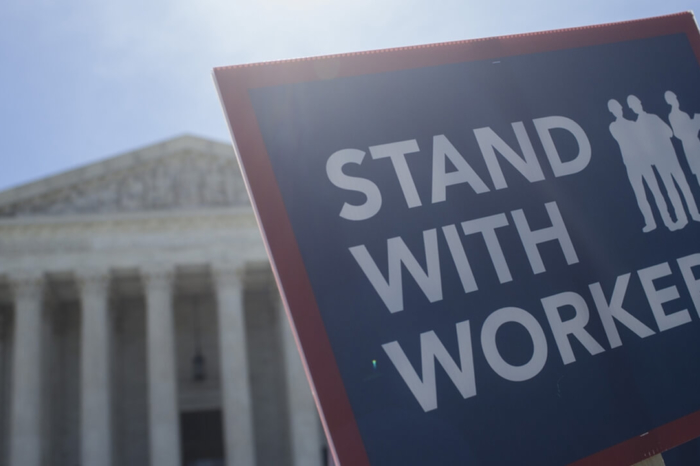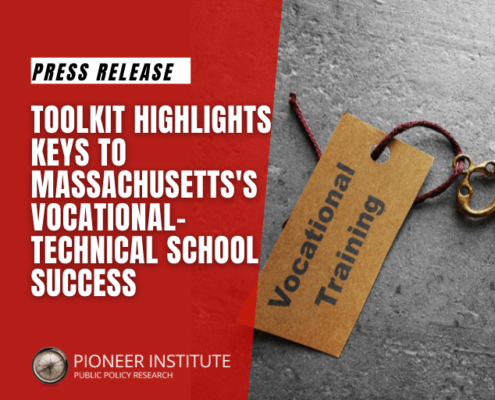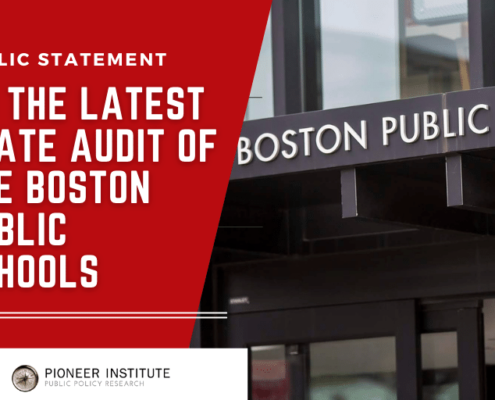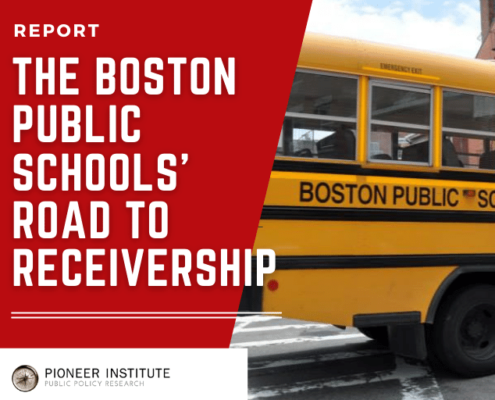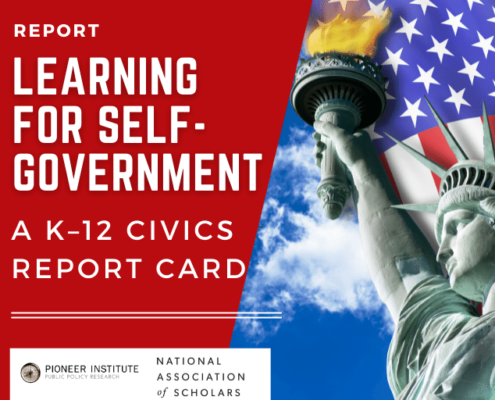Press Release: Pioneer Institute Filed Amicus Brief in Case Applying Supreme Court’s Janus Ruling to MA
BOSTON – On January 8th, the Massachusetts Supreme Judicial Court will hear oral arguments in the case of Ben Branch v. Commonwealth Employment Relations Board, in which the SJC will decide how the United States Supreme Court’s June 2018 decision in Janus v. American Federation of State, County and Municipal Employees (AFSCME) will affect Massachusetts law.
Pioneer Institute, through its public interest law arm, PioneerLegal, has filed an amicus curiae brief in the case prepared by WilmerHale’s Mark Matuschak and Robert Kingsley Smith.
Professor Ben Branch has taught for 38 years at UMass Amherst’s Isenberg School of Management. For decades, he has objected to having to pay compulsory service fees. To stop having to pay without consent, Dr. Branch and three other non-union educators brought the lawsuit now before the SJC.
The PioneerLegal brief argues that the First Amendment precludes coercing non-union public employees into financially supporting speech preferred by unions. As held by the U.S. Supreme Court in June, consent is crucial; no money may be constitutionally taken for such purpose from a non-union public employee without that employee’s prior consent.
PioneerLegal was active in Janus, filing a friend-of-the-court brief urging the Supreme Court to hear the case, and then filing a second friend-of-the-court brief during the Court’s deliberations.
“No rights are more essential than the right to free speech guaranteed by the First Amendment,” said PioneerLegal Research Fellow Jim McKenna. “The U.S. Supreme Court affirmed and preserved that right in Janus, and the SJC now has the opportunity to apply that principle in Massachusetts.”
In Branch, the Supreme Judicial Court will consider the constitutionality of Massachusetts laws that allow the compulsory collection of fees from non-union public sector employees. Given that the U.S. Supreme Court has held non-consensual collection to be unconstitutional, the SJC is likely to strike down the statute.
About Pioneer Institute and PioneerLegal
Pioneer Institute is an independent, non-partisan, privately funded research organization that seeks to improve the quality of life in Massachusetts through civic discourse and intellectually rigorous, data-driven public policy solutions based on free market principles, individual liberty and responsibility, and the ideal of effective, limited and accountable government.
PioneerLegal, as the public-interest law initiative of Pioneer, utilizes a legal-based approach to work to change policies that adversely affect the public interest in Pioneer’s core policy areas.
Receive Important Updates (ISSUES)
Related Posts:

